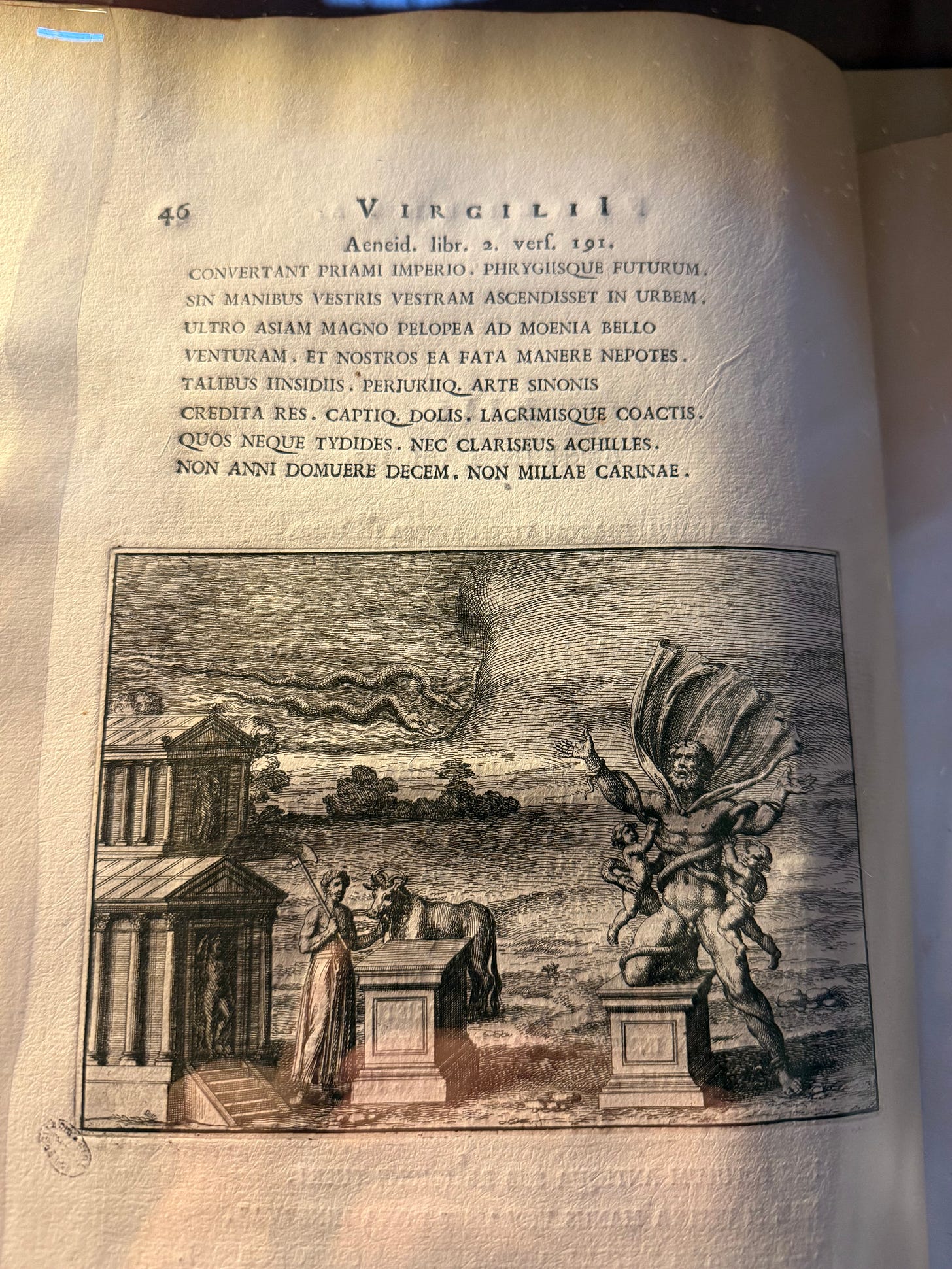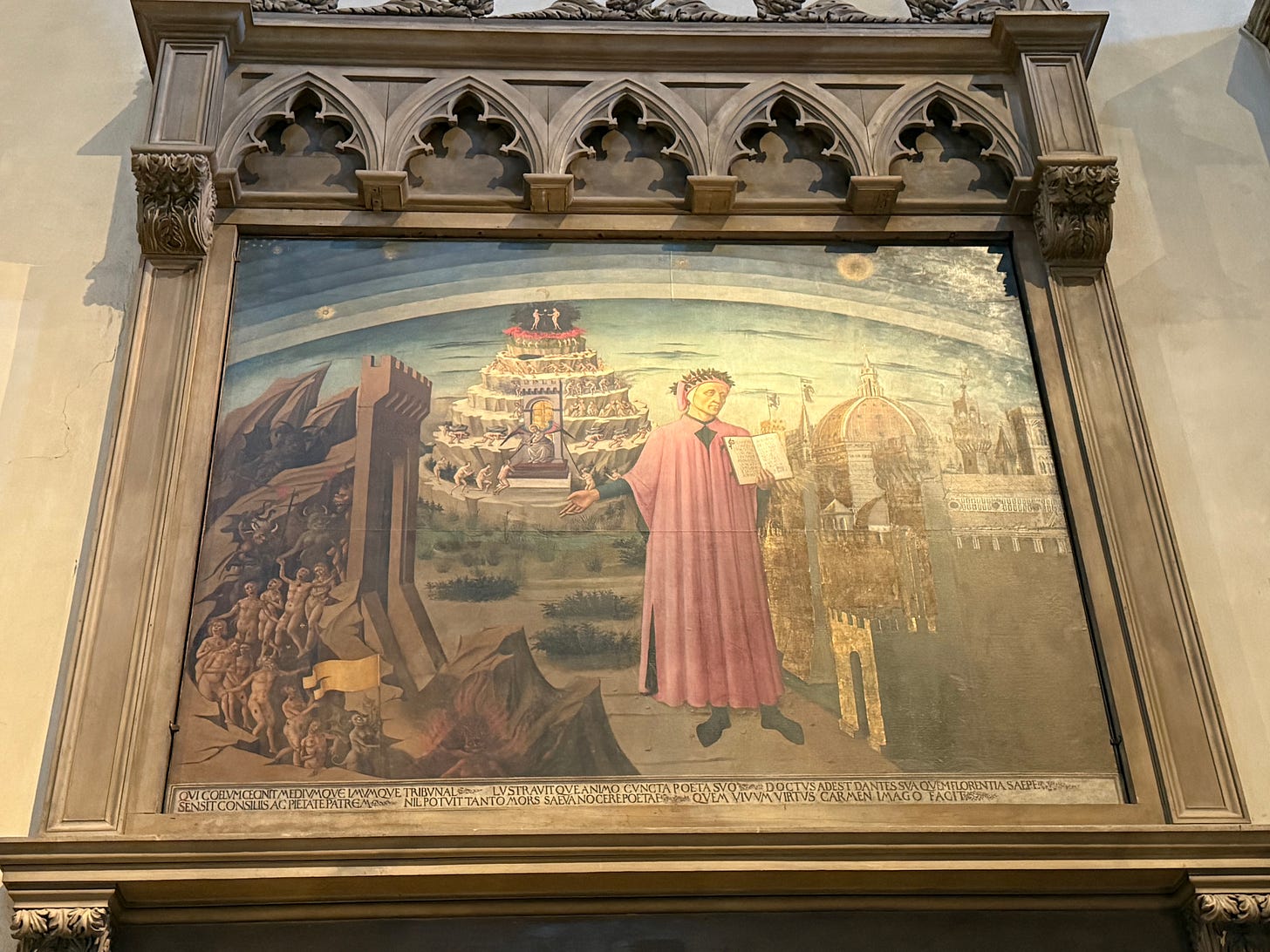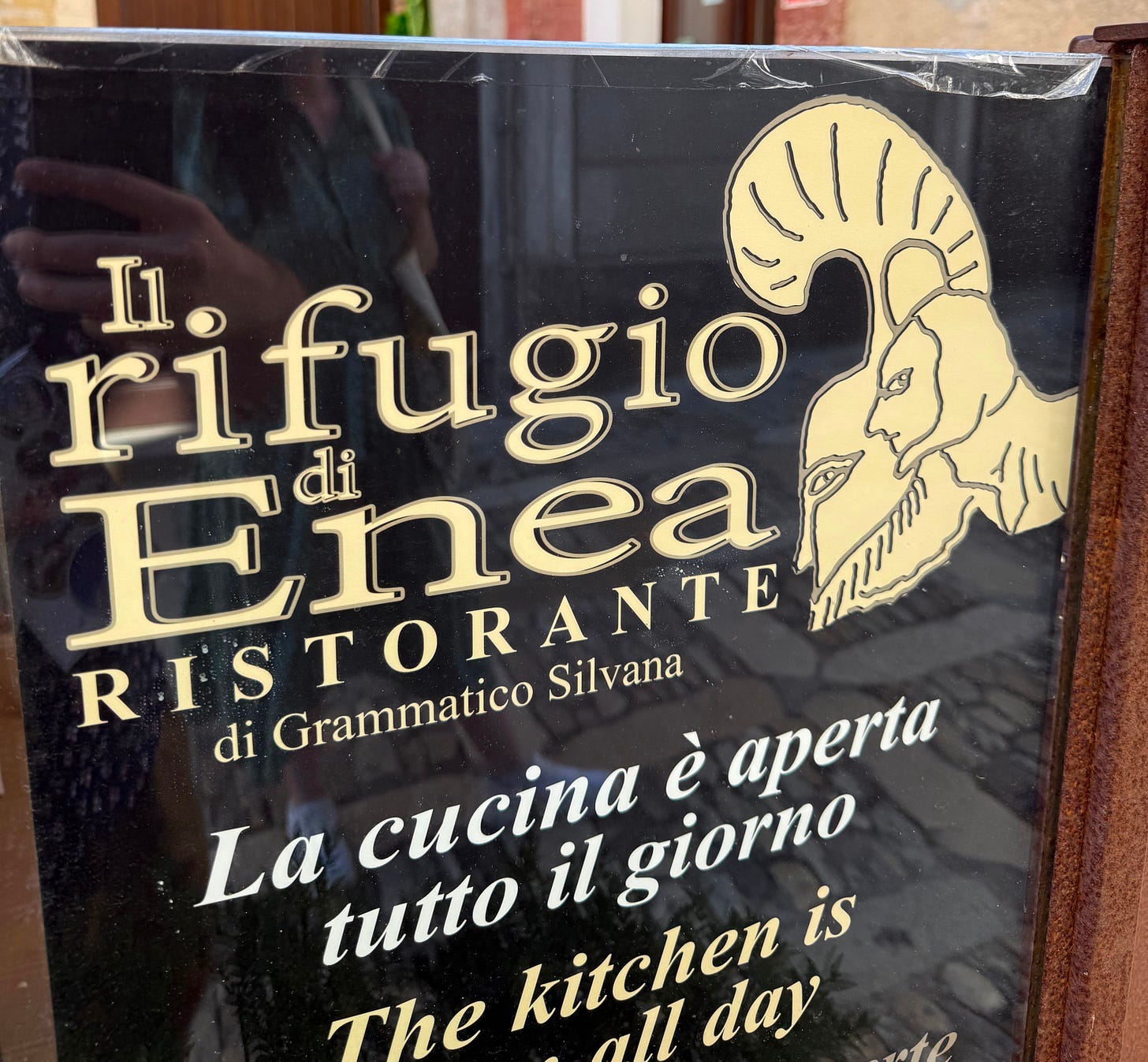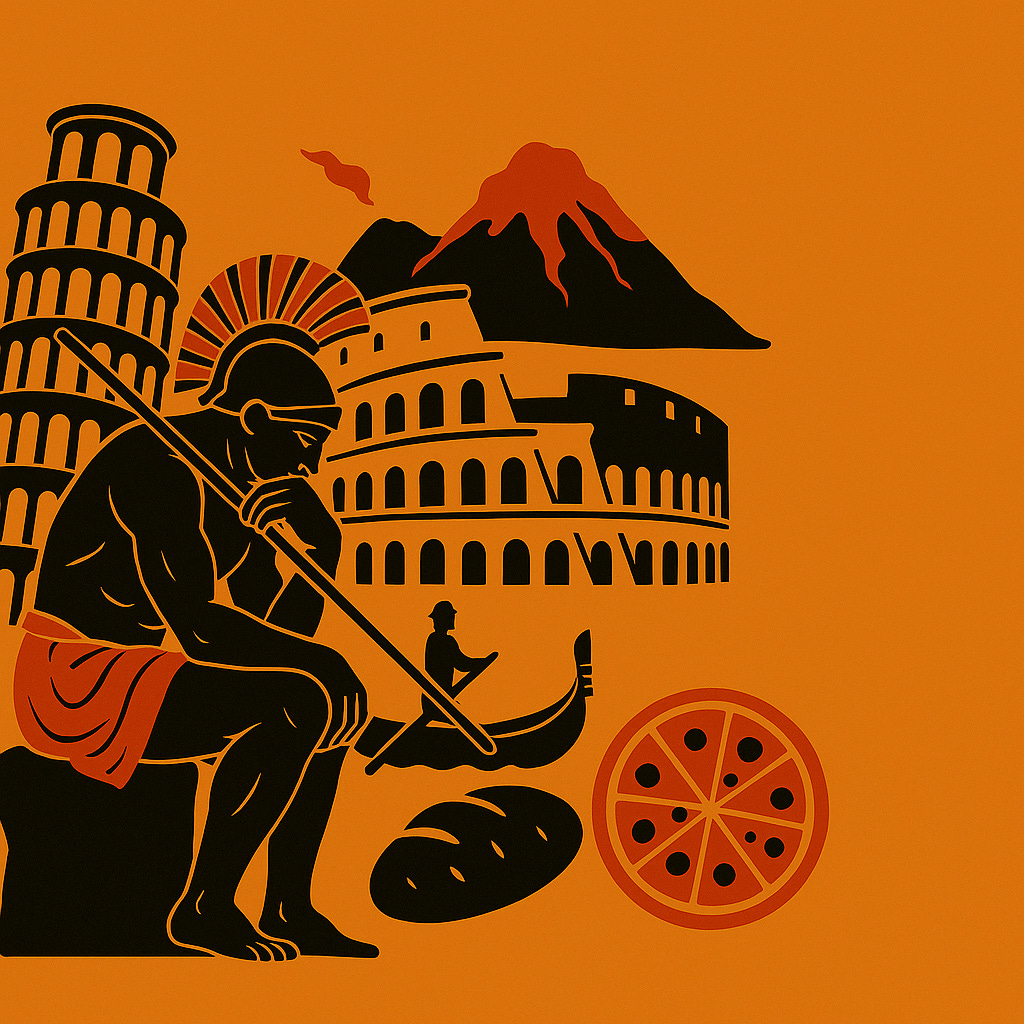We waged war in Ithaca.
We sailed alongside Odysseus on his voyage home.
And now we’ve… finally finished the Aeneid!
That’s right. The Summer of Classics has come to an end. It was a long journey that saw me going in completely blind, and after many troubles (though not as many as Odysseus faced) I can finally say that I have read the big three epic poems. Let me pat myself on the back for a moment. Okay, there. Let’s continue.
I really didn’t know what to expect when I began this reading challenge. Would I like these epics? Would they even be remotely entertaining? Would I actually get anything out of reading them? Would I actually finish them? These questions whirred inside my head before starting each book. And thankfully I found the answers. As it turns out, I did, in fact, finish reading them. I did like them, I did find them entertaining, and I did get something out of them, but we’ll get to that part later. For now, let’s focus on Father Aeneas and his merry band of Trojan expats.

First let me start by saying that I once again read the Stanely Lombardo translation. I really enjoyed reading all of them through his translations. His decision to separate the similes from the rest of the text were an excellent way to help you envision the theatrics in the works. My comments on Aeneas and Virgil’s poem are not going to be lengthy.
The Aeneid proved to be my least favorite of the three epics. It makes sense why. Although the authorship of the Iliad and Odyssey is up for debate (depending on who you ask), one thing most can agree on is their development through oral tradition. We can thank Millman Pary for helping us get to that understanding. For anyone who hasn’t heard of oral tradition, or what it means in terms of the two Homeric epics, it means the works were spoken long before they were ever actually written down and officially put under Homer’s name.
You see, oral tradition is pretty fascinating. The idea that poets were able to memorize hundreds of “pages” of verse to recant their tales to eager listeners seems almost impossible, yet these poets still exist today. For example, the Epic of Manas is a 553,500 line epic poem of the Kyrgyz people from central Asia. That epic is still told orally by Kyrgyz “manaschi” who tells the entire story through rhythmic chants. To understand how mind blowing that feat is, the Iliad is only a paltry 15,693 lines in comparison to the Epic of Manas.
Here’s a short video on the Kyrgyz poem.
Parry’s oral-formulaic theory suggests that the poets used memorized formulae (an often-used phrase/expression) to tell most of the stories. This explains why one of my chief complaints at the beginning of the Iliad was the overuse of the same words to describe certain characters (e.g. godlike Odysseus). But now I get it. This helped them keep the beat—to tell the stories on the fly with little preparation once it was memorized. It’s why you may have read a line talking about rosy-fingered dawn seemingly countless times.
Here’s the GOAT classics translator Stanely Lombardo reading his translation of the Iliad. Grab your popcorn, folks. This one’s a doozy.
The thing about these orally told tales is this: even if their stories remained the same over the hundreds of years of them being spoken, each poet could add their own flair to make it better and even more epic each time it passed through the next set of speakers, until the tale was finally written down in its complete and best possible form.
With that we come to Virgil’s Aeneid. Although the poem mirrored the use of dactylic hexameter from the Iliad and Odyssey, the Aeneid was developed on the page and by one guy. Virgil was the only poet who had a hand in the story. That doesn’t mean it’s any less great; I think Virgil did a fantastic job matching the voice of the other two. BUT it still shouldn’t be compared to them. Even though that’s exactly what I’m doing.
I’m not saying oral storytelling vs written storytelling is better or worse. That’s a different argument altogether. I’m just giving some background. I’m also not saying I didn’t like the Aeneid—I did. All three had some weak points and all three had some great ones. I honestly think the greatest writing out of any of the three was found in the Aeneid. Here’s a powerful excerpt when Anchises, Aeneas’s father, is talking to Aeneas in the underworld.
“Each of us must suffer his own demanding ghost.
Then we are sent to Elysium’s broad expanse,
A few of us even hold these fields of joy
Till the long days, a circle of time seen through,
Cleanse our hard, inveterate stains and leave us clear
Ethereal sense, the eternal breath of fire purged and pure.
But all the rest, once they have turned the wheel of time
For a thousand years: God calls them forth to the Lethe,
Great armies of souls, their memories blank so that
They may revisit the overarching world once more
And begin to long to return to bodies yet again.”
(The Aeneid, Book Six, Line 859)
The Aeneid’s sixth book was the standout book found in any of the three epics and was no doubt an inspiration for Dante Alighieri’s Inferno in The Divine Comedy. Dante was such a fan of Virgil he cast him as his own guide through Hell and Purgatory in Inferno and Paradiso. It just so happens that we picked up a copy of each of the three parts of the divine comedy while we were in Italy. Perhaps next Summer of Classics, we may make another trip to the underworld…

Speaking of Italy, let’s get back to it. So, the real reason I believe Virgil’s work doesn’t pack the same punch as the other two is this: Augustus. Everyone’s favorite Roman emperor outside of Marcus Aurelius commissioned Virgil to write the epic! Augustus wanted the poem to promote his version of Roman values and used it as a propaganda piece. Aeneas, the heroic founder of Italy, was a symbolic predecessor to Augustus himself. Augustus was the founder of the Roman Empire and its first emperor. So, having the mythical hero of Aeneas written in his honor was a great way to get the masses behind him.

When Virgil was on his deathbed, he requested the manuscript be burned. I’m pretty sure that’s because it wasn’t completed yet. Which I’m sure is why it ended with Father Aeneas bloodthirstily slaughtering pseudo-Hector in cold blood and cutting. As it turned out, I don’t think Aeneas was that heroic. He was kind of a dick, which is kind of in line with the heroes of the other two epics. Aeneas was also extremely hypocritical. Nothing like fleeing your city getting sacked and burned to the ground, only to finally find a new land and take it from its inhabitants. Maybe I’m wrong. Or maybe Virgil was asking you to read between the lines on what was supposed to be an Augustus fluff piece. Who knows. I’m just a guy writing a half-assed book club post.
Thanks for reading with us. If you enjoyed this post and would like to support my work, consider becoming a free or paid subscriber.
You can also buy me a coffee.



Great read as always !
Kool John! I never got to Erice but I always wanted to! Did you guys get to the famous bakery there?